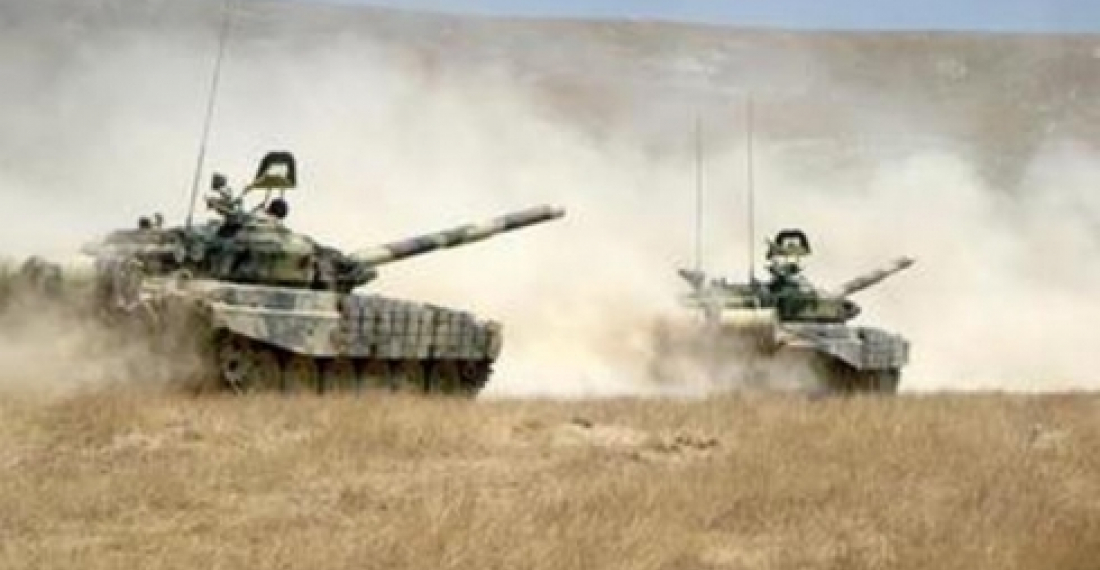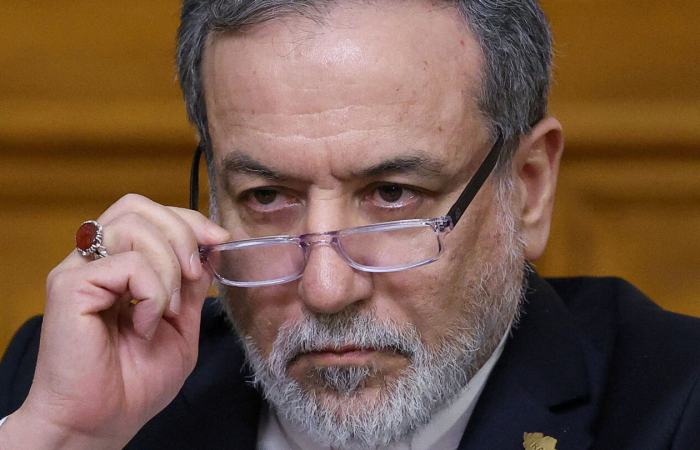Азербайджан увеличил военную активность со своей стороны на линии соприкосновения в зоне нагорно-карабахского конфликта, и международной границе с Арменией.
В последние дни появились сообщения о военных учениях с использованием боеприпасов в районе Нахичевань. Азербайджанские СМИ также сообщают об участии боевых самолетов и вертолетов ВВС Азербайджана в учебных полетах над передовой.
На учениях в условиях, приближенных к боевым, в том числе в условиях применения радиоэлектронных помех со стороны условного противника, выполняются задачи по нанесению ударов по наземным установкам, средствам ПВО и другим целям противника. Также отрабатывается координация действий авиации с сухопутными войсками.
Армения преуменьшила ситуацию, сообщив, что количество нарушений режима прекращения огня в течение последних дней было низким. Министр обороны Армении Сейран Оганян, сообщил журналистам в четверг, что армянские войска держат ситуацию «под контролем».
Обе стороны конфликта проводят военные учения в близи линии соприкосновения на регулярной основе. В некоторых ситуациях это приводило к серьезным инцидентам.
источник: commonspace.eu по материалам агентств.







